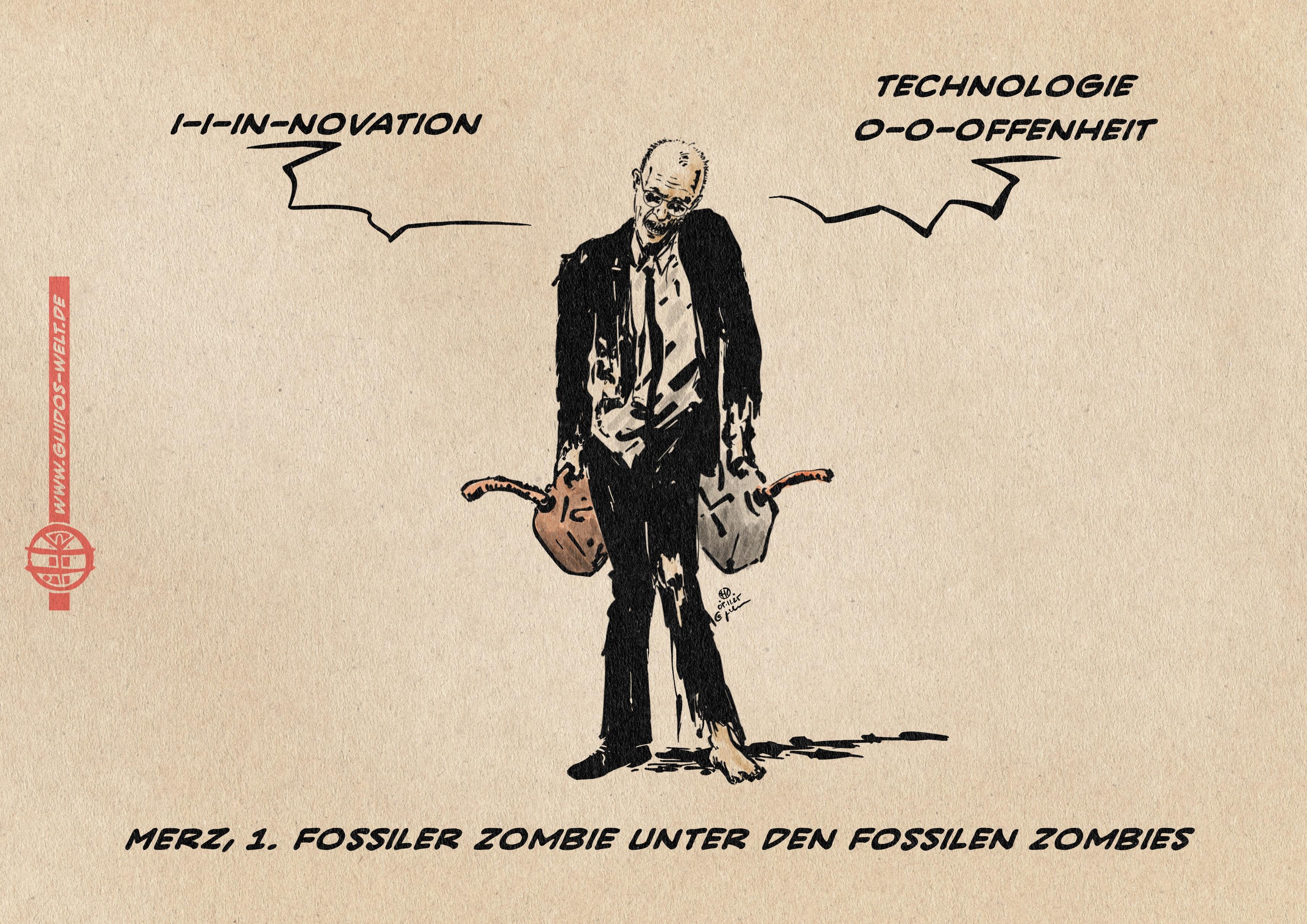@futurebird When I was still teaching maths, there were a few things I liked to do specifically to reel in the students who had ended up internalizing a story that they were bad at maths and that maths was incomprehensible arcane magic only used by people with very special brains.
The first was to try to emphasize how *human* a lot of our conception of maths is. (It helps here that I'm not a mathematical platonist.) Why do we use base 10? Why did the practice of writing mathematical proofs first pop up in ancient India and Greece, even though eg. Babylonians had been using pretty advanced maths for millennia without bothering to prove anything? Why has so much of mathematical history been preoccupied with finding the "essence" of various constructs; is it just a coincidence that that came out of a culture that had a strong essentialist inclination?
The second was closely related to the first: Putting human faces on all these things. Did you know Pythagoras was deathly afraid of beans, and also that he was the leader of a weird cult? Or that Georg Cantor spent his later years trying to convince everyone that William Shakespeare was actually Francis Bacon writing under a cover name? That we have no reliable biographical information about Euclid at all, and that he may not have been a single individual at all? That Emmy Noether kept teaching out of her own apartment after the Nazis excluded her from the university? I've had many students - *especially* the ones less comfortable with numbers and pure maths - tell me that they could use some of all these little things as "handles" to jog their memories.
The third was to pose absurd questions that had non-obvious answers that maths clearly illuminated. Are there two people in Denmark who have exactly the same number of hair follicles on their heads? (There's about 150.000 hair follicles on an average Scandinavian head and about six million people in Denmark, so...). The story of Abraham Wald and the airplane armouring, the Linda Paradox, a Zombie Apocalypse version of the river crossing problem, etc.
Mostly, I tried to show students that maths is not an exclusive club at all. I won't say I succeeded evenly, but I know many of them appreciated it.





